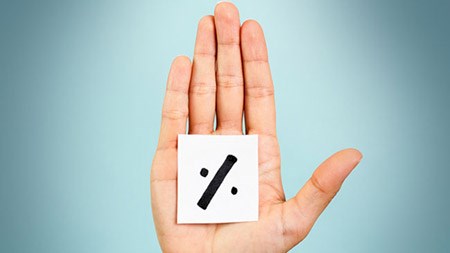While the adage “practice makes perfect” often holds true, it doesn’t always apply to those buying property. Buying a home the second time around is not necessarily going to be easier.
“Obviously, the biggest difference for second-time purchasers is the fact that they already own a property,” says Allison Dunbar, oobaelite club consultant. “This can be advantageous in that there should be an increase in the first property’s value, and that profit can serve as the deposit on the new home. There are, however, some caveats.”
She notes that it’s not always possible for buyers to pay the deposit on the new home until their existing property has been sold. It is, however, common practice to provide a guarantee for the outstanding funds.
Pay your debts
It makes perfect financial sense to use the proceeds of the sale as a deposit on the new home as this will ensure a better interest rate and, because of the reduced risk, a more favourable bank scoring rate. However, to ensure affordability for a new bond payment, some could be advised to allocate a portion of the proceeds from the sale to pay off any existing debts.
One of the biggest mistakes often made by those investing in a home for the second time is assuming that they will automatically qualify for a bond on their next property because their financial situation has improved. But Dunbar points out that the banks’ lending criteria has changed and clients may have taken on other forms of debt, which can affect affordability.
Banks aren’t as easy
If you bought your first home five or 10 years ago, you will find that banks have tightened up significantly on the reduction in interest rates that they are willing to offer home loan applicants. “It is quite likely that when you apply for a new bond, you won’t get as favourable an interest rate as you received on your previous bond,” says Dunbar.
It’s also become more difficult for self-employed applicants to obtain a home loan, mainly because banks have become far more cautious with their lending policies since the introduction of the National Credit Act. “If you are self-employed, you will have to prove the sustainability of your new monthly commitment and provide adequate proof of earnings,” Dunbar warns.
The conditions
Many second-time buyers will make the offer on their new home conditional on the sale of their existing home. This is necessary because it prevents the buyer from ending up having to pay bonds on two properties, which can be financially crippling.
However, it can also make their offer on the new property less appealing and, in most cases, the seller will continue to market the house. If he then receives an unconditional offer, he could put the original purchaser on notice to dispense with the condition of sale of the existing property.
The purchaser could apply for a mortgage loan to secure the full purchase price in order to be able to proceed with the sale without his existing property having to be sold – if he qualifies and if he can afford it.
For this reason, Dunbar advises that prospective buyers apply for bond finance on the new property so that when the old property is sold, the new sale can be concluded without delay.





